[ad_1]
After almost 30 years (counting from the viral dancing baby) of people living, thinking, breathing, and speaking in memes, experts and even Internet users themselves are starting to see the effect it has on us. It turns out that meme culture is rotting our brains. At least that’s what kids these days are calling it. ‘Brain rot’ is the result of over-relying on memes and information on the Internet, to the point where we can’t think about anything else than memes or cultural phenomena and constantly reference them in our day-to-day conversations. This makes us less inclined to be creative and solve problems on our own, essentially making our minds decay.
However, there’s no need to panic and give up your daily dose of memes just yet. We might have found a way around it. To keep your last brain cells alive and functioning, we present you with a list of intellectual memes from the Instagram page “not.not.reading” that are guaranteed to make you think beyond the surface. Scroll down to find them, and don’t forget to upvote the ones that made you contemplate the most.
While you’re at it, make sure to check out a conversation with Jean M. Twenge, professor of psychology at San Diego State University and author of Generations: The Real Differences between Gen Z, Millennials, Gen X, Boomers and Silents—and What They Mean for America’s Future, and media psychologist Dr. Corey Emanuel, who kindly agreed to provide a few tips on how to preserve our brains while consuming social media.
#1

Image credits: not.not.reading
#2

Image credits: not.not.reading
#3
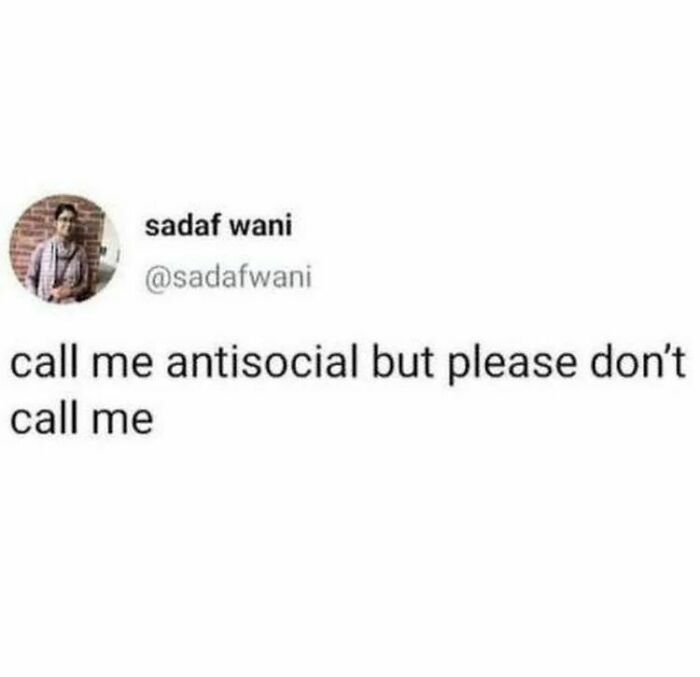
Image credits: not.not.reading
Don’t worry, the previously mentioned ‘bain rot’ isn’t a scientific or medical term. The phrase is used to describe content of low value that has a negative side effect on its viewers, who often doomscroll or are chronically online.
The discussion about this phenomenon was kicked off by one person on TikTok who demonstrated the ‘brain rot’ effect in a video. While browsing through library books, they noticed a cover art, Tom Lea’s “The Two Thousand Yard Stare,” that they immediately recognized because of an internet meme and not for its historical or artistic importance.
#4

Image credits: not.not.reading
#5

Image credits: not.not.reading
#6

Image credits: not.not.reading
The painting portrays a shell-shocked WWII soldier, which is often used online to express being overwhelmed by internet content. Some users were surprised to discover the real origins of this image and feel weird seeing it outside their screens.
One commenter even confessed that the moment they realized they had ‘brain rot’ was when they tried swiping a physical page like on a touch screen, leaving them embarrassed.
#7

Image credits: not.not.reading
#8

Image credits: not.not.reading
#9

Image credits: not.not.reading
The viral video started an intense discussion about how internet consumption changes our worldview. And many started worrying that social media overconsumption is really decaying our minds. Media psychologist Dr. Corey Emanuel says to Bored Panda that the speed at which we consume content may hinder our critical thinking.
#10

Image credits: not.not.reading
#11

Image credits: not.not.reading
#12

Image credits: not.not.reading
“While memes can be a source of humor and/or entertainment, the speed in which we consume memes may undermine our critical thinking. Rather than inviting critical examination, memes often present simplified or biased viewpoints, which leaves little room for deeper analysis or reflection on the issues they depict,” he says.
#13

Image credits: not.not.reading
#14

Image credits: not.not.reading
#15

Image credits: not.not.reading
“The average social media user spends roughly 2.5 hours on social media each day. During this time, we are bombarded with a constant barrage of stimuli—images, videos, text, and notifications—each requiring different forms of mental engagement,” explains Dr. Emanuel.
“Different regions of the brain are impacted by social media use. For instance, as we process a wide variety of content in a short time, it places a high demand on working memory. Social media encourages a great deal of multitasking, which taxes the brain’s ability to sustain attention.”
#16

Image credits: not.not.reading
#17

Image credits: not.not.reading
#18

Image credits: not.not.reading
“Memes can be entertaining and can create a shared language among friends,” agrees Jean M. Twenge, professor of psychology at San Diego State University and author of Generations: The Real Differences between Gen Z, Millennials, Gen X, Boomers and Silents—and What They Mean for America’s Future. But for it not to affect us in a negative way, we have to use social media in a limited way instead of overconsuming it, says Twenge.
#19

Image credits: not.not.reading
#20

Image credits: not.not.reading
#21

Image credits: not.not.reading
But she notes that it might be difficult to limit or branch out of our usual social media scrolling as algorithms are designed to deliver personalized content and keep people using them as long as possible. “Consider using an app that can help you limit your social media use, or look at meme posts your friends send you without signing up for a social media account,” she advises. “Or look at memes using a web browser instead of social media.”
#22

Image credits: not.not.reading
#23

Image credits: not.not.reading
#24

Image credits: not.not.reading
Dr. Emanuel says that it’s all about balance. “Internet users should foster a lifestyle that invites time away from social media and digital devices. Time offline should include moments with family and friends where all parties put their mobile devices away and on silent. Be present.”
#25

Image credits: not.not.reading
#26

Image credits: not.not.reading
#27
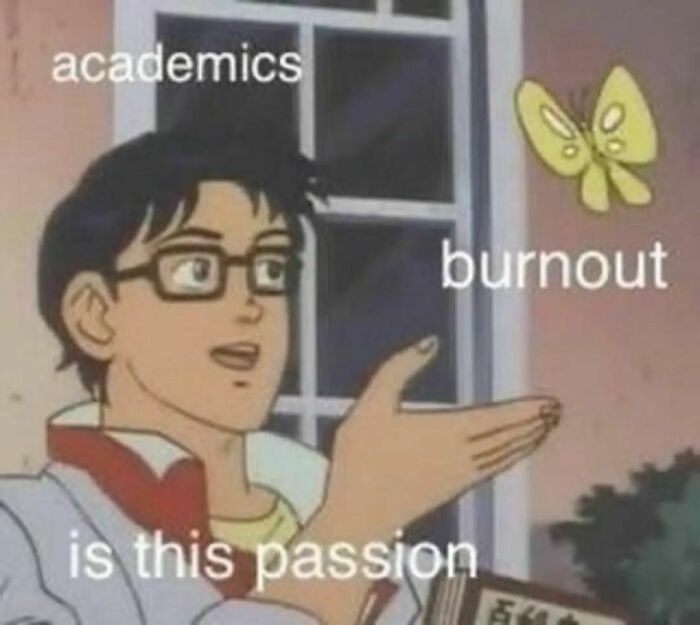
Image credits: not.not.reading
He continues by saying, “Internet users should regularly audit who they’re following and ensure they follow others who challenge their thinking to avoid confirmation bias. Read books and articles offline to curate a diverse group of sources for fact-checking and become diligent in spotting misinformation and disinformation,” he concludes.
However, Twenge notes that these tips should apply to adults only, as kids under 15 should avoid social media, given the mental health situation of teens.
#28

Image credits: not.not.reading
#29

Image credits: not.not.reading
#30

Image credits: not.not.reading
#31

Image credits: not.not.reading
#32

Image credits: not.not.reading
#33

Image credits: not.not.reading
#34

Image credits: not.not.reading
#35

Image credits: not.not.reading
#36

Image credits: not.not.reading
#37

Image credits: not.not.reading
#38
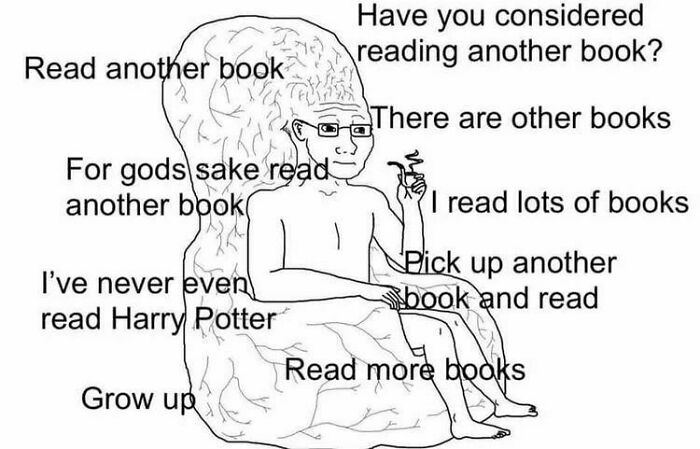
Image credits: not.not.reading
#39

Image credits: not.not.reading
#40

Image credits: not.not.reading
#41
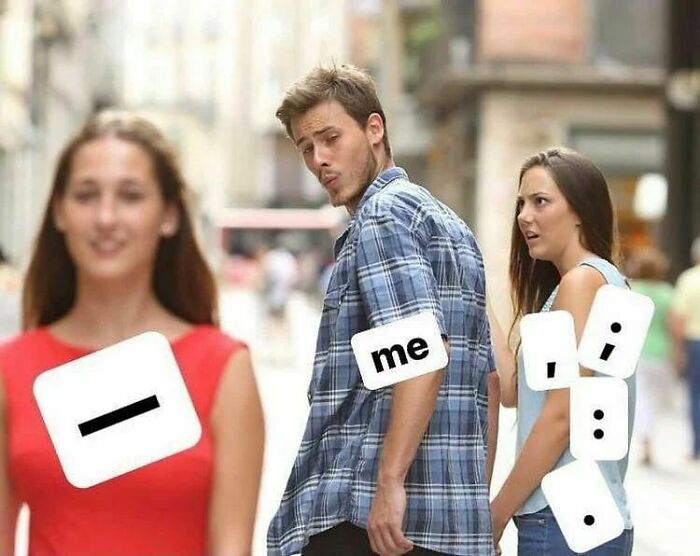
Image credits: not.not.reading
#42

Image credits: not.not.reading
#43
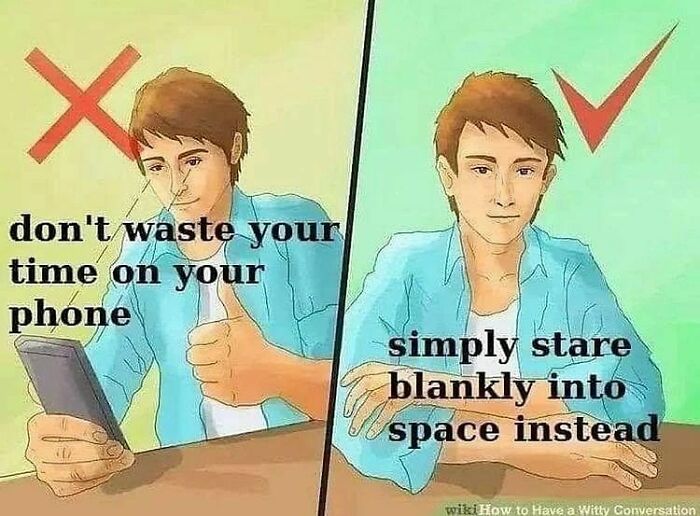
Image credits: not.not.reading
#44

Image credits: not.not.reading
#45

Image credits: not.not.reading
#46

Image credits: not.not.reading
#47

Image credits: not.not.reading
#48

Image credits: not.not.reading
#49

Image credits: not.not.reading
#50
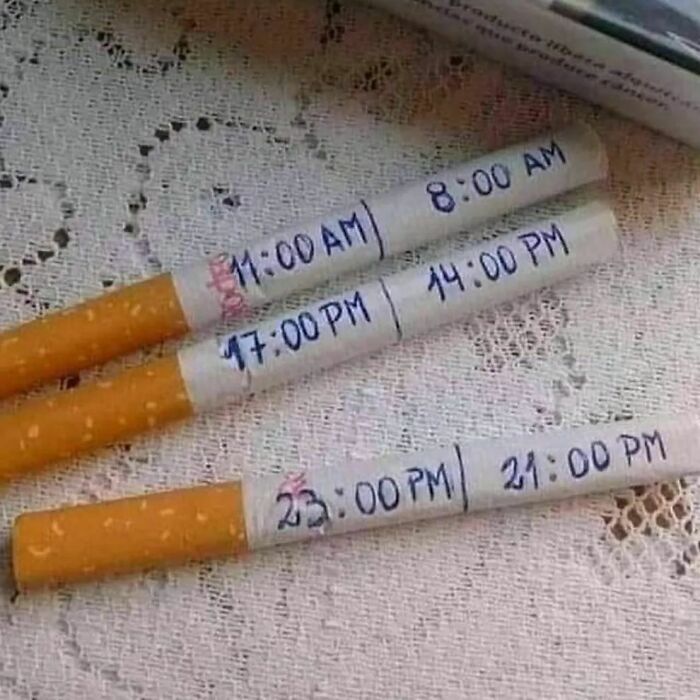
Image credits: not.not.reading
#51

Image credits: not.not.reading
#52
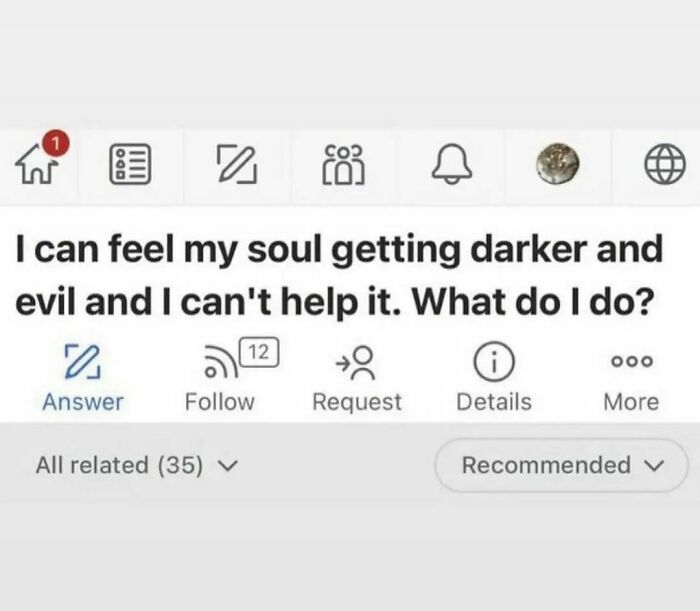
Image credits: not.not.reading
#53

Image credits: not.not.reading
#54

Image credits: not.not.reading
#55

Image credits: not.not.reading
#56

Image credits: not.not.reading
#57

Image credits: not.not.reading
#58

Image credits: not.not.reading
#59

Image credits: not.not.reading
#60

Image credits: not.not.reading
#61

Image credits: not.not.reading
#62
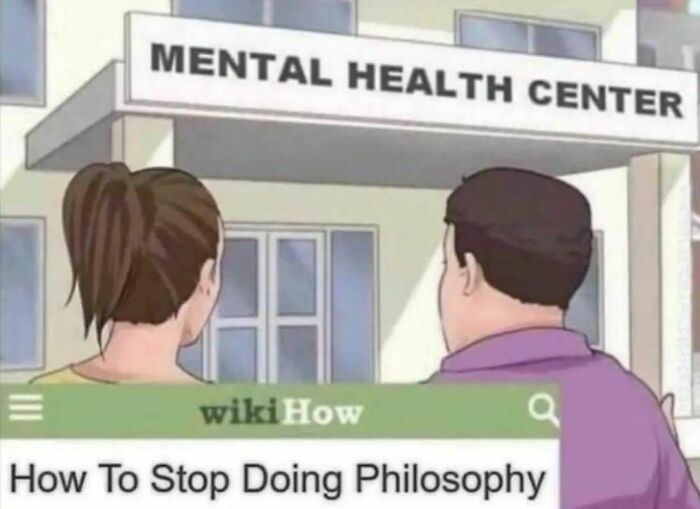
Image credits: not.not.reading
#63

Image credits: not.not.reading
#64

Image credits: not.not.reading
#65

Image credits: not.not.reading
#66

Image credits: not.not.reading
#67
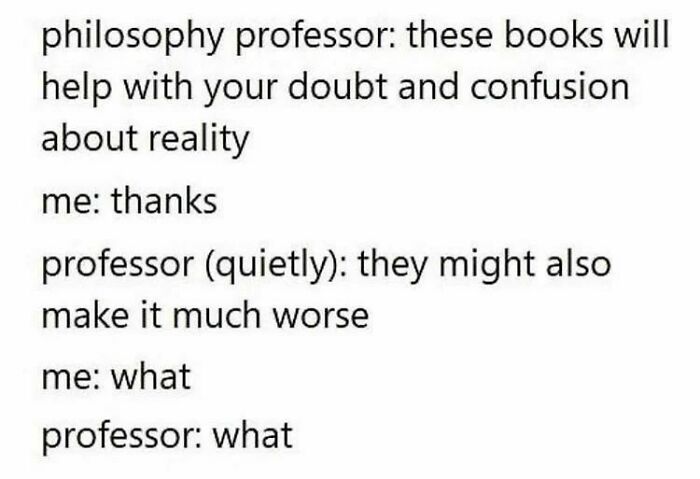
Image credits: not.not.reading
#68

Image credits: not.not.reading
#69

Image credits: not.not.reading
#70

Image credits: not.not.reading
#71

Image credits: not.not.reading
#72

Image credits: not.not.reading
#73

Image credits: not.not.reading
#74

Image credits: not.not.reading
#75

Image credits: not.not.reading
#76

Image credits: not.not.reading
#77
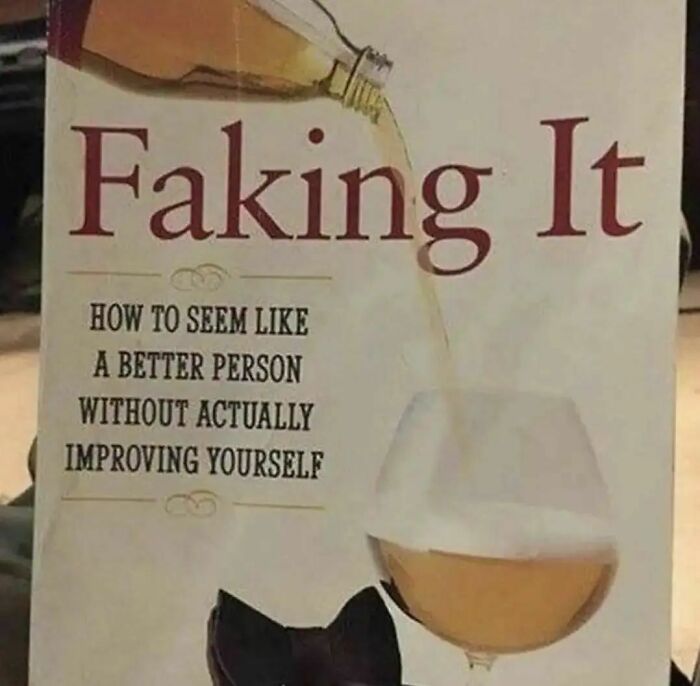
Image credits: not.not.reading
#78

Image credits: not.not.reading
[ad_2]
Source link
























